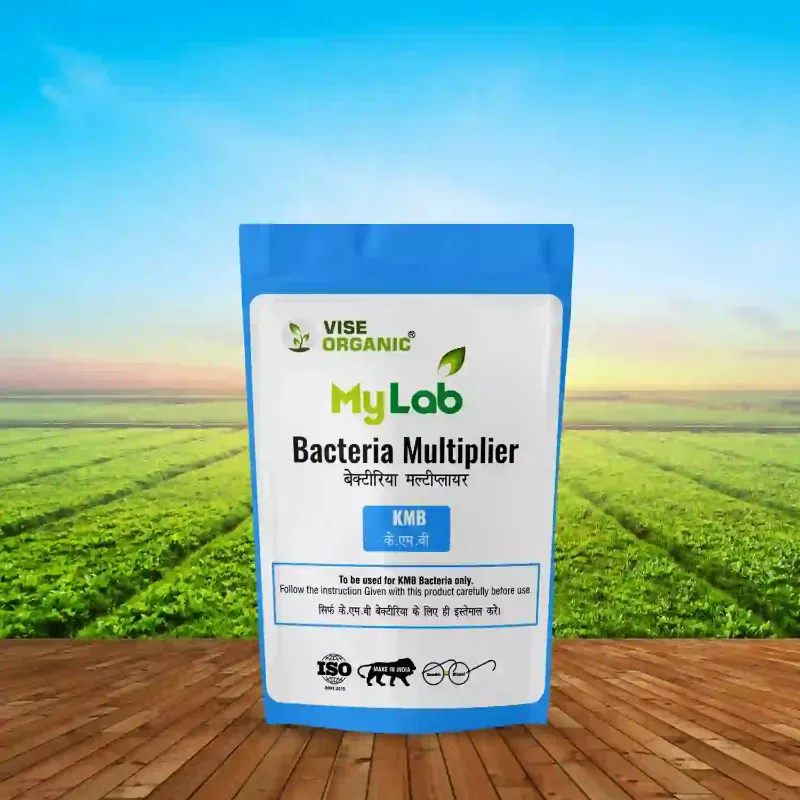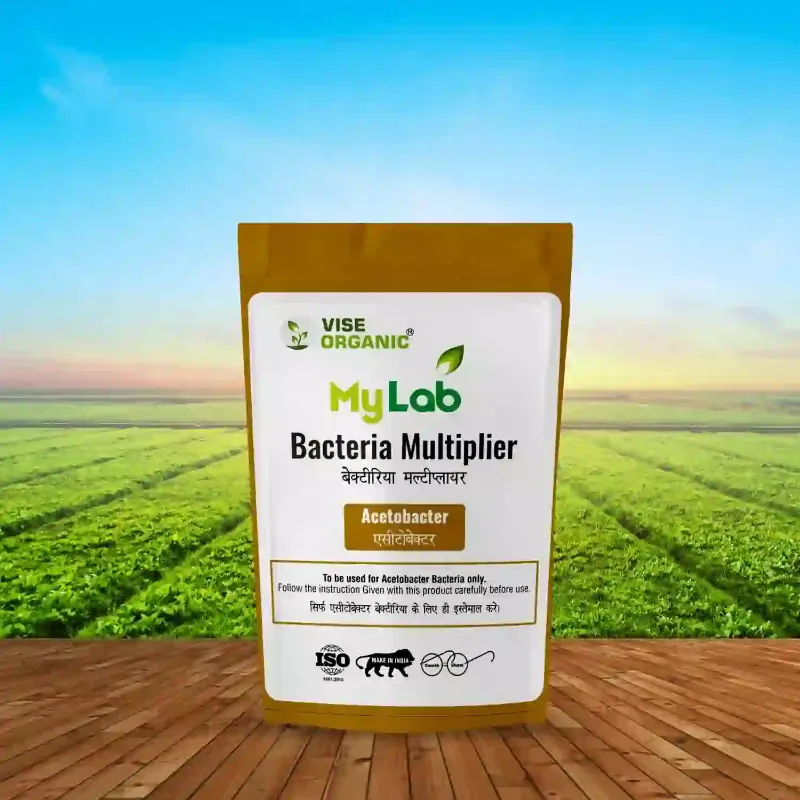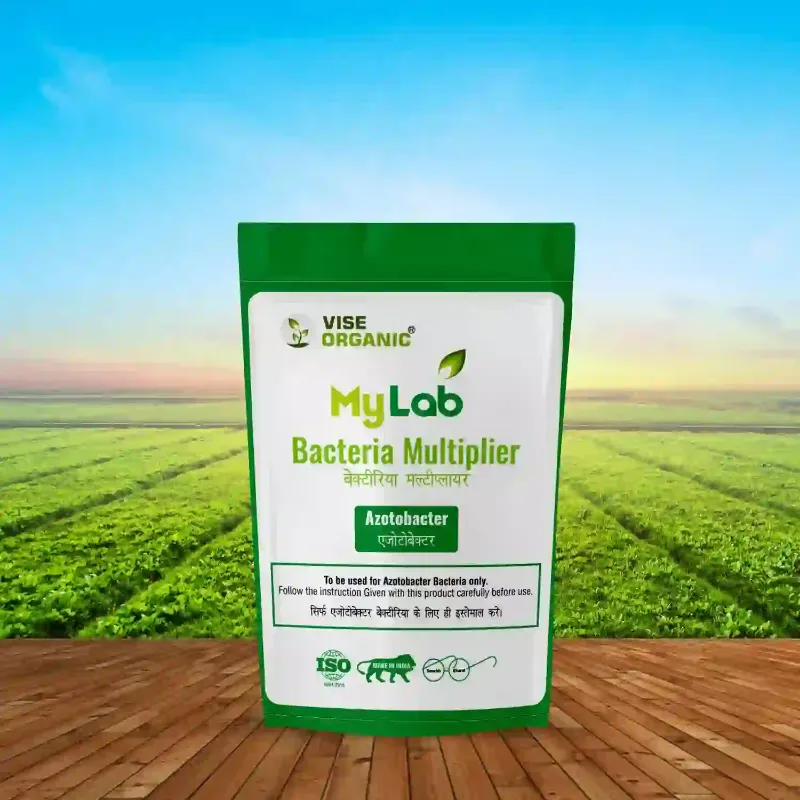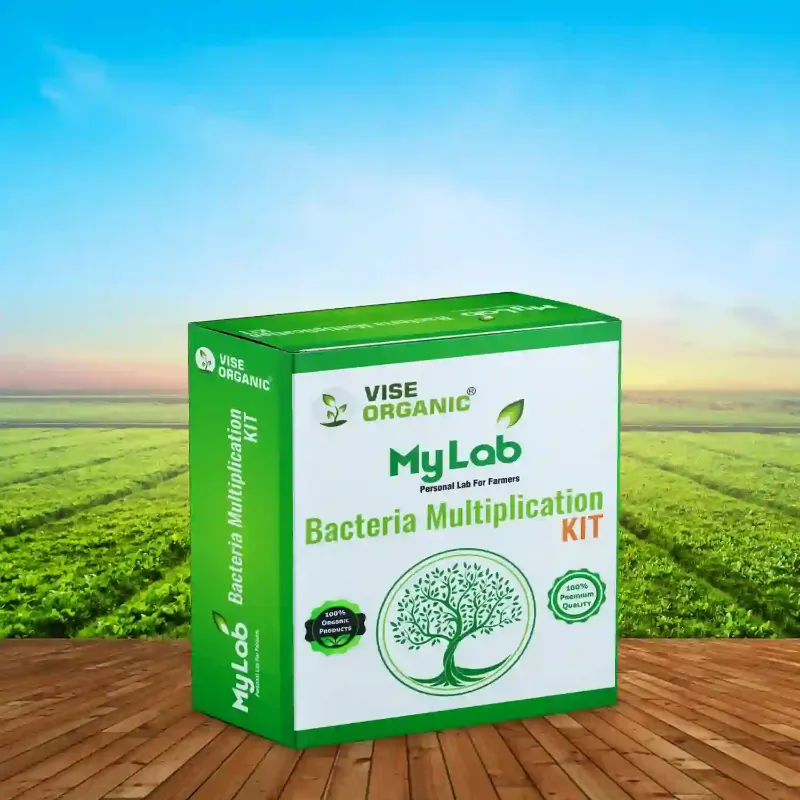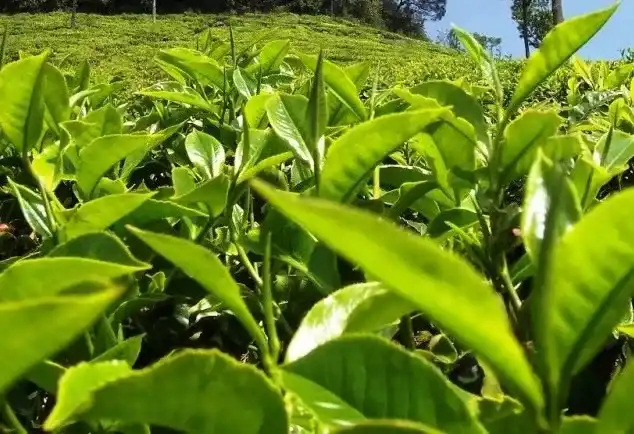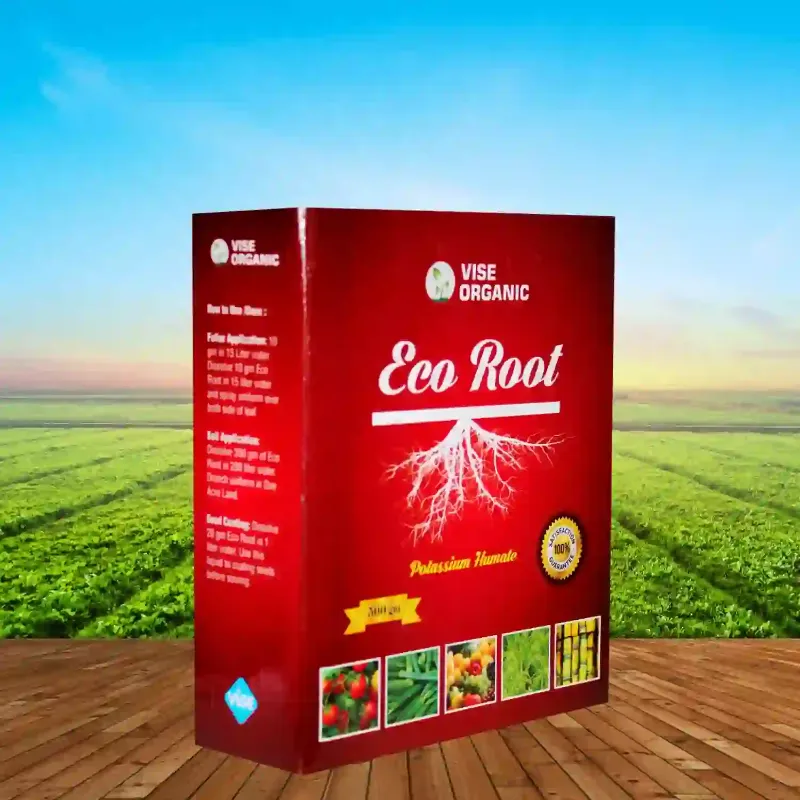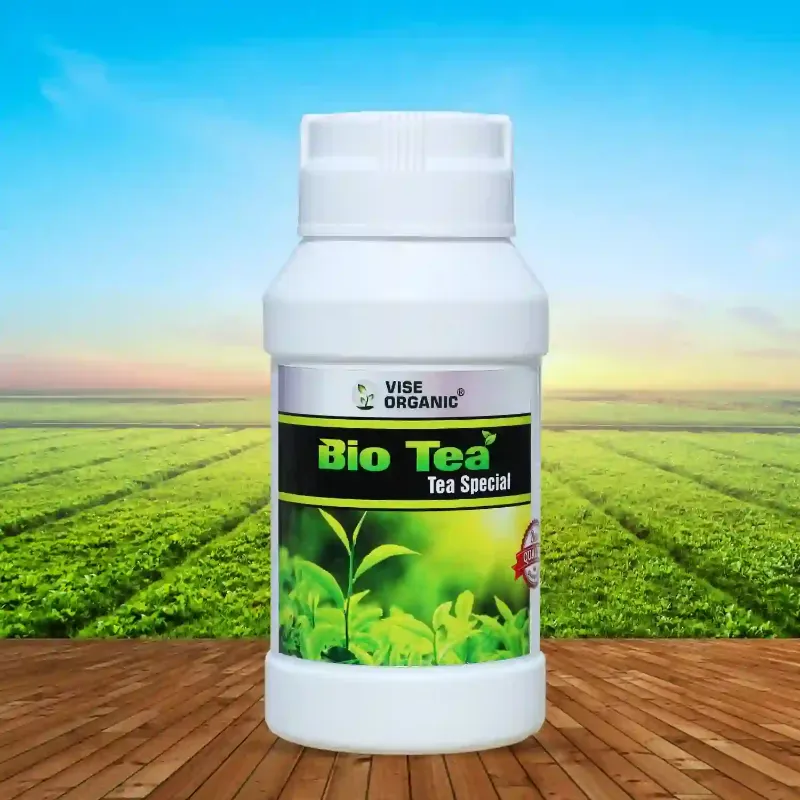Introduction:
Bio Tea has emerged as a valuable tool in modern tea cultivation practices, offering numerous benefits to tea growers seeking to optimize crop health and productivity. This blog explores the myriad advantages of incorporating Bio Tea into tea cultivation, highlighting its role in promoting sustainable and profitable agriculture.
Enhanced Plant Growth:
- One of the primary benefits of using Bio Tea in tea cultivation is its ability to stimulate robust plant growth.
- Bio Tea contains bioactive compounds that activate growth-promoting pathways within tea plants, resulting in increased foliage density, shoot elongation, and overall plant vigor.
Improved Nutrient Uptake:
- Bio Tea enhances the uptake of essential nutrients by tea plants, ensuring they have access to the elements required for healthy growth and development.
- By chelating micronutrients and facilitating their absorption, Bio Tea optimizes nutrient utilization efficiency, leading to improved plant nutrition and vitality.
Balanced Hormonal Regulation:
- Another benefit of Bio Tea is its role in maintaining hormonal balance within tea crops.
- By modulating the synthesis and distribution of growth-regulating hormones such as auxins, cytokinins, and gibberellins, Bio Tea promotes balanced plant growth and development.
Increased Stress Tolerance:
- Bio Tea helps tea plants cope with environmental stresses such as drought, heat, and disease.
- By activating stress-responsive genes and pathways, Bio Tea enhances the tea plant’s resilience to adverse conditions, reducing yield losses and ensuring crop stability.
Enhanced Flowering and Fruit Set:
- Tea growers can expect improved flowering and fruit set in their crops with the use of Bio Tea.
- By stimulating flower generation and reducing flower and fruit drop, Bio Tea promotes more abundant and consistent yields, leading to higher profitability for tea farmers.
Promotion of Soil Health:
- Bio Tea fosters a healthy soil environment conducive to tea plant growth and productivity.
- Through the activation of microbial activity and improvement of soil structure. Bio Tea enhances nutrient cycling, organic matter decomposition, and overall soil fertility.
Reduction in Chemical Inputs
- Utilizing Bio Tea in tea cultivation reduces the reliance on synthetic fertilizers and pesticides. Leading to cost savings and environmental benefits.
- With Bio Tea’s ability to enhance nutrient availability and pest resistance. Tea growers can adopt more sustainable and eco-friendly farming practices.
Improved Quality and Flavor:
- Tea cultivated with Bio Tea often exhibits superior quality and flavor characteristics.
- The balanced nutrient uptake, hormonal regulation, and stress tolerance conferred by Bio Tea contribute to the development of tea leaves with desirable taste, aroma, and appearance.
Eco-Friendly Agriculture:
- By promoting natural growth processes and reducing chemical inputs, Bio Tea supports environmentally friendly tea cultivation practices.
- Tea farms using Bio Tea contribute to soil conservation, biodiversity preservation, and the mitigation of agricultural pollution, fostering a more sustainable agricultural ecosystem.
Enhanced Yield and Profitability:
- Ultimately, the use of Bio Tea in tea cultivation leads to increased yield and profitability for tea growers.
- By optimizing plant growth, nutrient uptake, stress tolerance, and quality attributes. Bio Tea helps tea farmers achieve higher yields, better crop quality, and greater economic returns.
Conclusion:
In conclusion, Bio Tea offers a multitude of benefits to tea growers, ranging from enhanced plant growth and nutrient uptake to improved stress tolerance and quality attributes. By harnessing the power of bioactive compounds and beneficial microorganisms. Bio Tea supports sustainable and profitable tea cultivation while promoting environmental stewardship and agricultural resilience. Incorporating Bio Tea into tea cultivation practices represents a holistic approach to crop management. By providing tea growers with the tools they need to thrive in today’s dynamic agricultural landscape.



